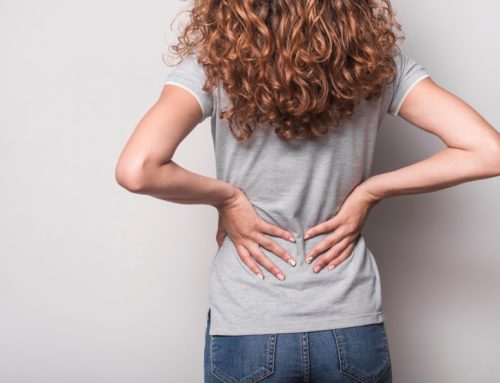7 tips to reduce headaches
1 Hydration
Most headaches decrease when you increase hydration, either through drinking water or eating water-rich foods such as fruits and vegetables. Doctors recommend drinking 1.5 L of water per day. Remember that this is the minimum, and that needs increase with weight, temperature, and physical activity. Maintaining good hydration helps prevent and reduce headaches.
2 Stress
A lot of headaches are triggered or made worse by emotional stress. Try relaxing, meditating, enjoying life and you will feel the tension loosening around your skull. We’ve written articles on stress so that you can be more efficient in managing it. Stress triggers many physiological reactions at the cardiac, respiratory and chemical levels. These reactions are positive short term because they allow you to get through a difficult situation. In the long term, however, if these reactions are too intense or frequent, they become harmful.
3 Muscle relaxation
The neck muscles can trigger pain in the skull. This is called referred pain or projected pain. Suffering muscles create pain from a distance. In addition, tense muscles decrease blood flow to the skull and may worsen existing skull pain. When you have headaches or in prevention, check the tension in your neck muscles. If you feel that they are sensitive and rigid, get or give yourself a massage, or put something hot or cold on the muscles to release tension. This will increase your range of motion and reduce the intensity of the headaches.
4 Food
Food is important in many ways. A diet that too rich in salt, too poor in water or nutrients can unbalance the body and create or aggravate an existing condition. Consider eating a balanced diet for good cellular health, and to facilitate the healing of your headaches. Certain supplements such as magnesium are useful in managing headaches related to stress because the body consumes a lot of it when you are stressed.
5 Movement
The neck muscles are very poorly used in our contemporary society. The omnipresence of screens, the race for efficiency and a sedentary lifestyle have reduced the range of movements that we carry out on a daily basis. However, our muscles and joints are made to be used in all physiological amplitudes, and not using them leads to osteoarthritis, stiffness, and muscle tension. The same muscle tension that leads to headaches. So remember to use your neck so that you can continue to use it fully throughout your life and reduce headaches. Moving the muscles also enables blood circulation which facilitates the drainage of muscle waste. Remember to regularly move your head in its maximum amplitudes without forcing. In rotation, by tilting the head towards the shoulder, backward, forwards, then rolling the head in circles once the neck is warmed up, and always without forcing.
6 Fatigue
Emotional and physical fatigue is an aggravating or even triggering factor for headaches. Remember to get enough rest to allow your body to recover from your long days. Also, consider taking some time for yourself to relax your brain and avoid emotional overload. Remove screens at least 30 minutes before bedtime and dim the lights to prepare your pineal gland for falling asleep. Take a few moments for yourself and to step back from the situation when you feel overwhelmed.
7 How does chiropractic treat headaches?
Chiropractic is extremely effective in reducing headaches or completely curing them. By harmonizing the body, the nervous system, muscular system, and the cervical vertebrae, most of our patients have felt improvements of 80 to 100% in a few sessions.
For migraines, we generally manage to reduce the frequency and intensity of attacks, but total cures are rarer. Your chiropractor will be able to guide you with health and life advice allowing you to best avoid relapses. diminuer la fréquence et l’intensité des crises, mais les guérisons totales sont plus rares. Votre chiropracteur pourra vous guider avec des conseils de santé et de vie vous permettant d’éviter au mieux les rechutes de maux de tête.







